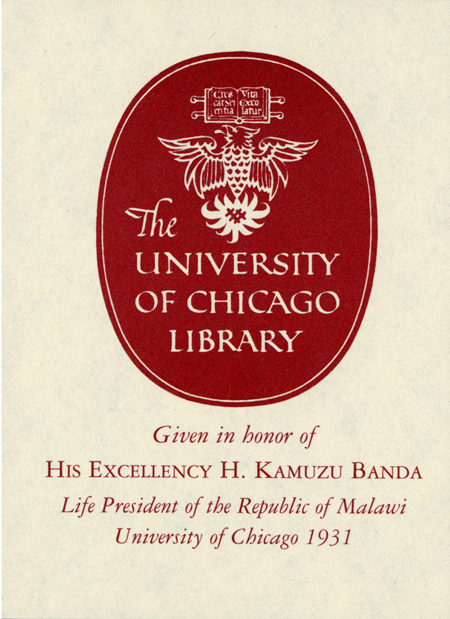Review by Choice Review
This timely book is the first comprehensive study of contemporary security cooperation among African states, particularly its institutional manifestation through the African Union's (AU) Peace and Security Architecture. Franke (Univ. of Oxford) specifically aims to describe and explain the increasing institutionalization of security cooperation in Africa and thereby to enrich international relations (IR) theory. After tracing the erratic history of inter-African security cooperation, he examines the recent surge in AU-led peace operations (e.g., Burundi, Comoros, and Somalia) and the parallel development of the AU's mechanisms, including the African Standby Force, Continental Early Warning System, and cooperating regional security organizations. The final chapters summarize the key findings regarding African security cooperation, persistent and emerging impediments to its effectiveness, and the implications of these findings for Africa, global politics, and IR theory. This book goes far toward bringing coherence, synthesis, and direction to a field strewn with specialized works, case studies, and theoretical speculation. Well suited for university libraries with collections specializing in international affairs, African studies, and military affairs, and larger public library systems. Summing Up: Recommended. Upper-division undergraduates and above. J. P. Smaldone Georgetown University
Copyright American Library Association, used with permission.
Review by Choice Review

